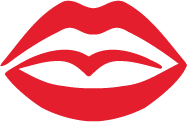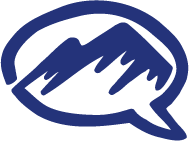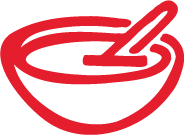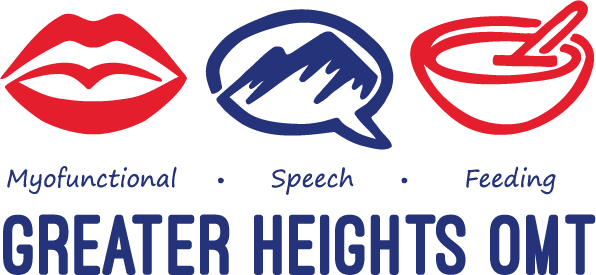Welcome
Greater Heights OMT offers Myofunctional Therapy, Speech Therapy, and Feeding Therapy services for ages 0-21
Our Mission
Quality intervention and prevention strategies, with a focus on the whole-child, in order to support them in reaching their full potential and improve quality of life.
Welcome
Greater Heights OMT offers Myofunctional Therapy, Speech Therapy, and Feeding Therapy services for ages 0-21
Our Mission
Quality intervention and prevention strategies, with a focus on the whole-child, in order to support them in reaching their full potential and improve quality of life.

MYOFUNCTIONAL THERAPY
Specialized intervention for speech, eating, and/or swallowing difficulties that result from impaired or weak function of the orofacial complex (mouth, jaw, and other related structures). Also includes functional impairments caused by tethered oral tissues (tongue/lip ties).

SPEECH THERAPY
Intervention for late talkers, speech sound errors, childhood apraxia of speech, dysarthria, cleft lip/palate, voice/resonance issues, and other motor difficulties impacting speech production.

FEEDING THERAPY
Individualized treatment to address a baby or child’s struggles with breast/bottle feeding, transitioning to solid foods, picky eating/self limited diet, managing food in the mouth, swallowing problems (choking, gagging, aspiration etc.), or weaning from tube feeding.

MYOFUNCTIONAL THERAPY
Specialized intervention for speech, eating, and/or swallowing difficulties that result from impaired or weak function of the orofacial complex (mouth, jaw, and other related structures). Also includes functional impairments caused by tethered oral tissues (tongue/lip ties).

SPEECH THERAPY
Intervention for late talkers, speech sound errors, childhood apraxia of speech, dysarthria, cleft lip/palate, voice/resonance issues, and other motor difficulties impacting speech production.

FEEDING THERAPY
Individualized treatment to address a baby or child’s struggles with breast/bottle feeding, transitioning to solid foods, picky eating/self limited diet, managing food in the mouth, swallowing problems (choking, gagging, aspiration etc.), or weaning from tube feeding.
Speech, Feeding, and Myofunctional Therapy
Specializing in the evaluation, diagnosis, and treatment
of myofunctional, speech, and feeding/swallowing disorders, which can include:
Articulation disorders
- Childhood apraxia of speech
- Dysarthria
- Cleft lip and palate
- Chewing and swallowing difficulties
- Picky eating
Tongue thrust
Tongue and lip tie
Neuromotor deficits
- Medically complex cases and/or syndromes

Symptoms of OMDs
Symptoms of orofacial myofunctional disorders can be very obvious or happen over a period of time and be unclear. Certain habits or conditions can interfere with proper actions of orofacial muscles causing OMD. These muscles include cheeks, jaw, lips and tongue. When these muscles function incorrectly due to habits or conditions, it can lead to improper development. This atypical development causes the muscles to have incorrect adaptations and not work in balance which can cause a variety of problems.
- Mouth Breathing
- Orthodontic Relapse
- Chronic Tension
- Mood Disorders
- Jaw Pain
- Toxic Oral Habits
- Tongue Thrust
Snoring or Sleep Apnea
- Chronic Headaches
Grinding or Clenching Teeth
Signs of Feeding and Swallowing Disorders
Your child may have a feeding or swallowing disorder if he/she:
Arches their back or stiffens when feeding
- Cries or fusses when feeding
- Falls asleep when feeding
- Has/had problems breastfeeding
- Has trouble breathing while eating and drinking
- Refuses to eat or drink
- Eats only certain textures, such as soft food or crunchy food
- Takes a long time to eat

